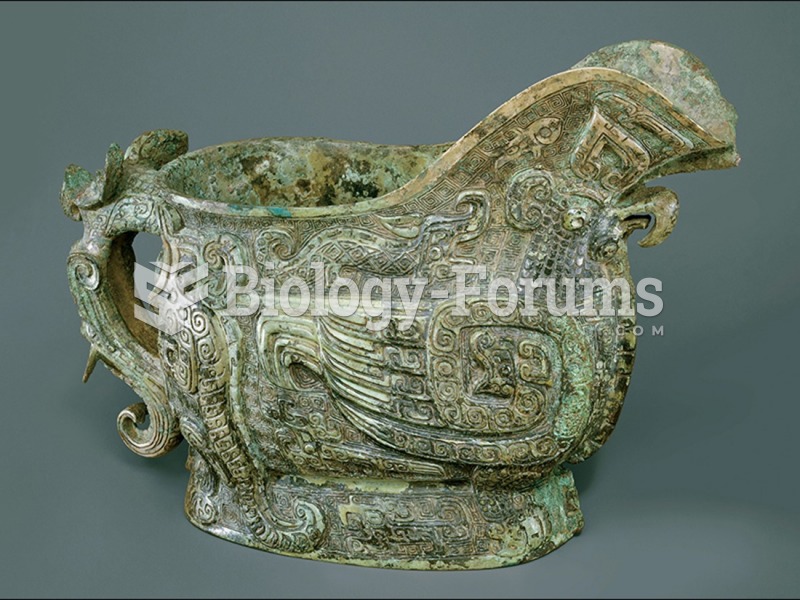Answer to Question 1
Correct Answer: 3
Rationale 1: Teas are made by soaking herbs in hot water for 4 to 10 minutes. They do not contain alcohol.
Rationale 2: Decoctions are made by boiling herbs in water for 30 to 60 minutes until much of the liquid has boiled off. They do not contain alcohol.
Rationale 3: A tincture is prepared by soaking an herb in alcohol. Alcohol remains in the final product.
Rationale 4: Infusions are made by soaking herbs in hot water for long periods. They do not contain alcohol.
Global Rationale: A tincture is prepared by soaking an herb in alcohol. Alcohol remains in the final product. Teas are made by soaking herbs in hot water for 4 to 10 minutes. They do not contain alcohol. Decoctions are made by boiling herbs in water for 30 to 60 minutes until much of the liquid has boiled off. They do not contain alcohol. Infusions are made by soaking herbs in hot water for long periods. They do not contain alcohol.
Answer to Question 2
Correct Answer: 1
Rationale 1: Factors contributing to the increasing popularity of herbal products include the increased availability of herbal products, aggressive marketing by the herbal industry, and renewed interest in preventive medicine and natural alternatives.
Rationale 2: Herbal remedies are not necessarily safer than other therapies.
Rationale 3: There has been an increase in use of herbal and supplemental therapies for treatment of chronic, not acute, conditions.
Rationale 4: Herbal remedies are not necessarily lower in cost.
Global Rationale: Factors contributing to the increasing popularity of herbal products include the increased availability of herbal products, aggressive marketing by the herbal industry, and renewed interest in preventive medicine and natural alternatives. Herbal remedies are not necessarily safer than other therapies. There has been an increase in use of herbal and supplemental therapies for treatment of chronic, not acute, conditions. Herbal remedies are not necessarily lower in cost.







